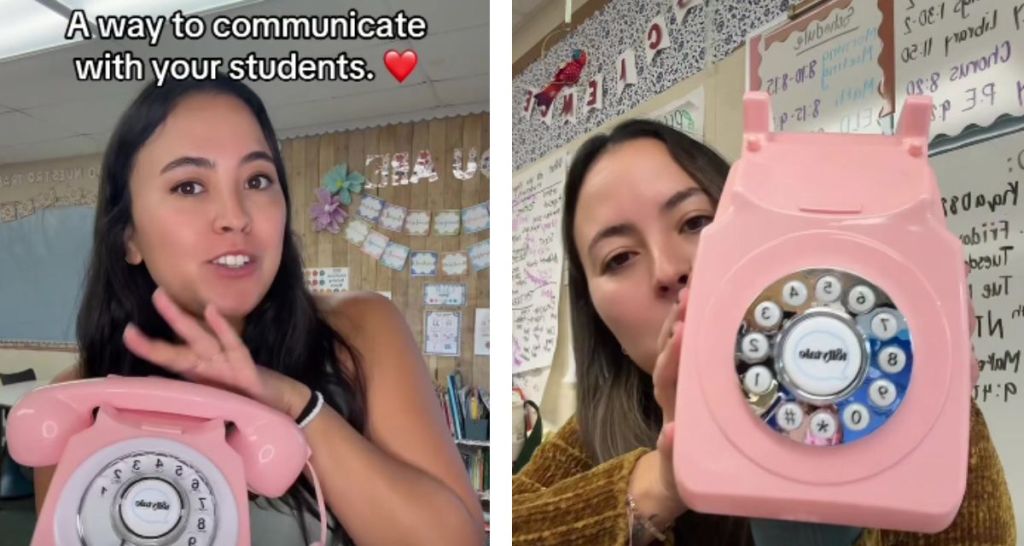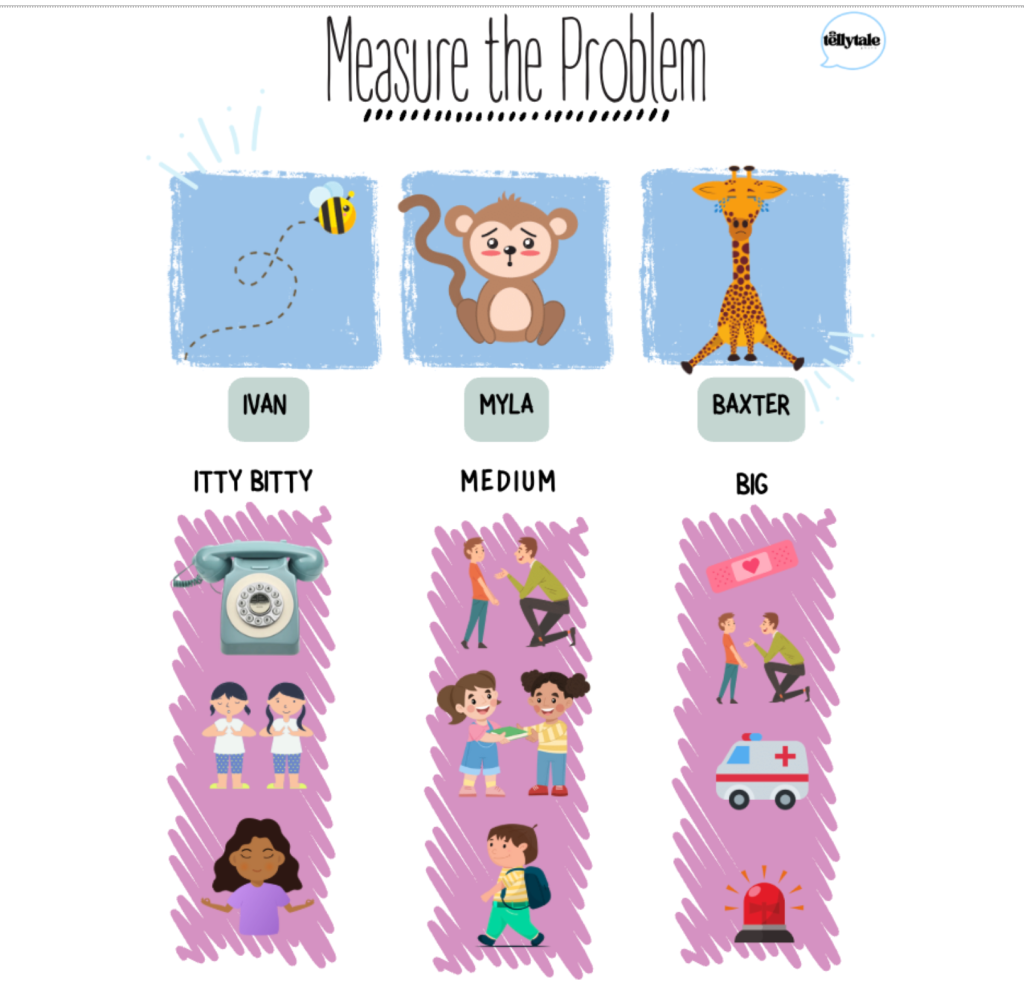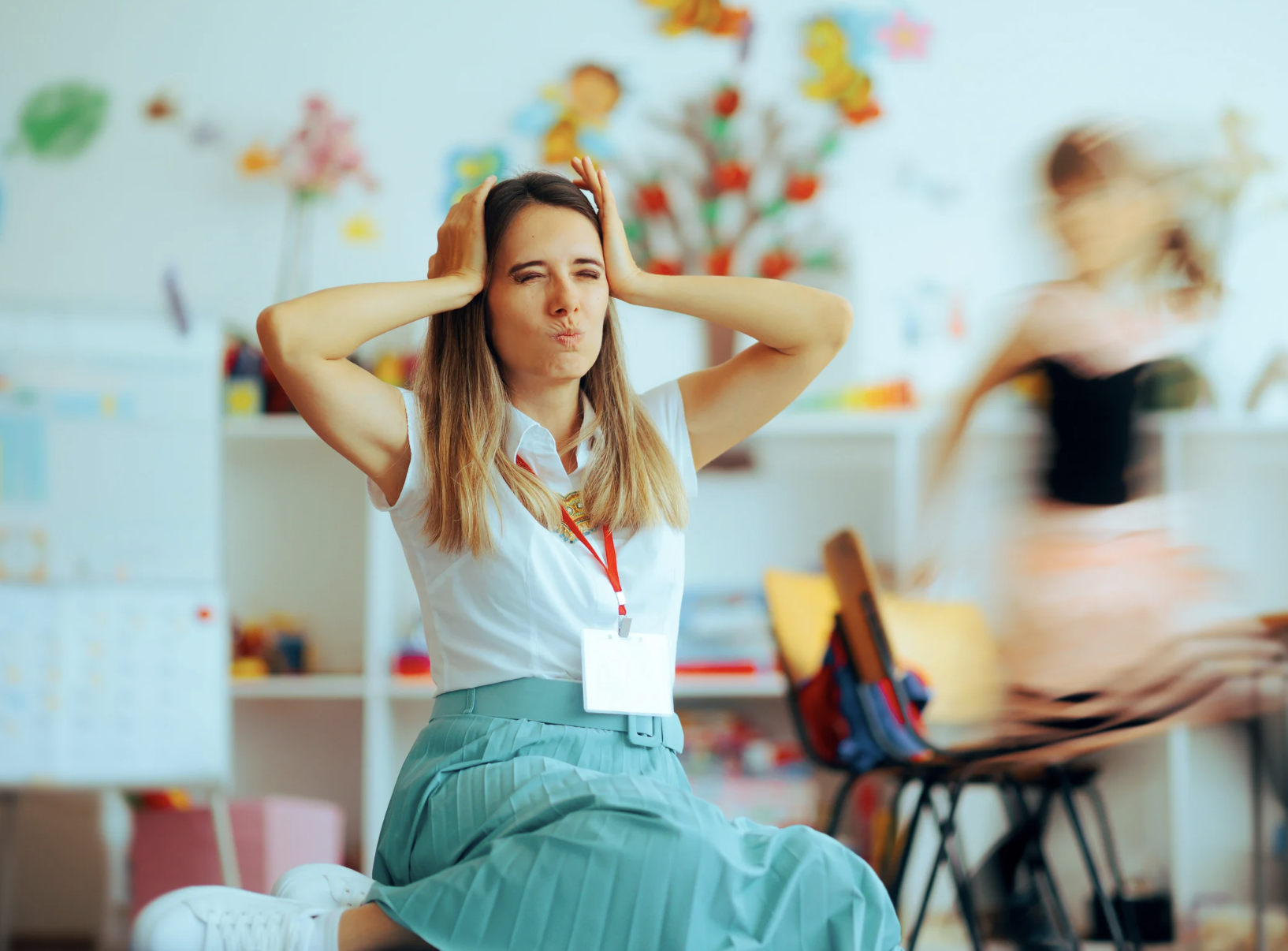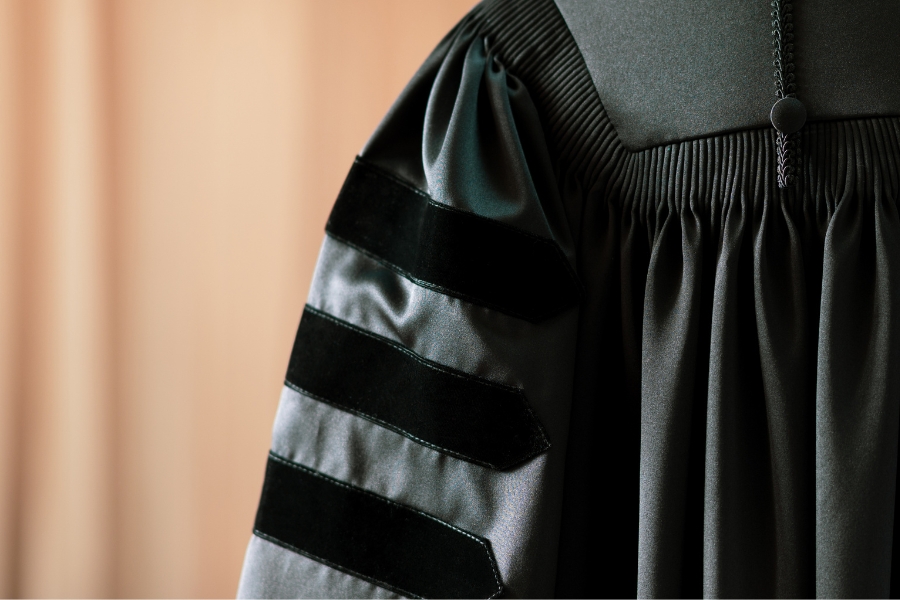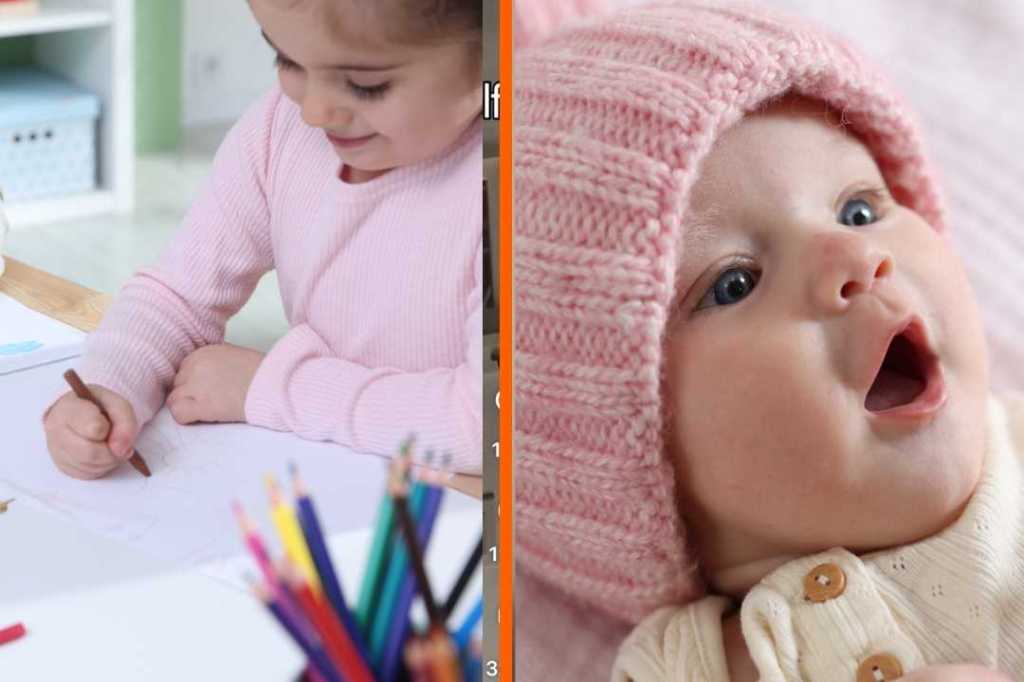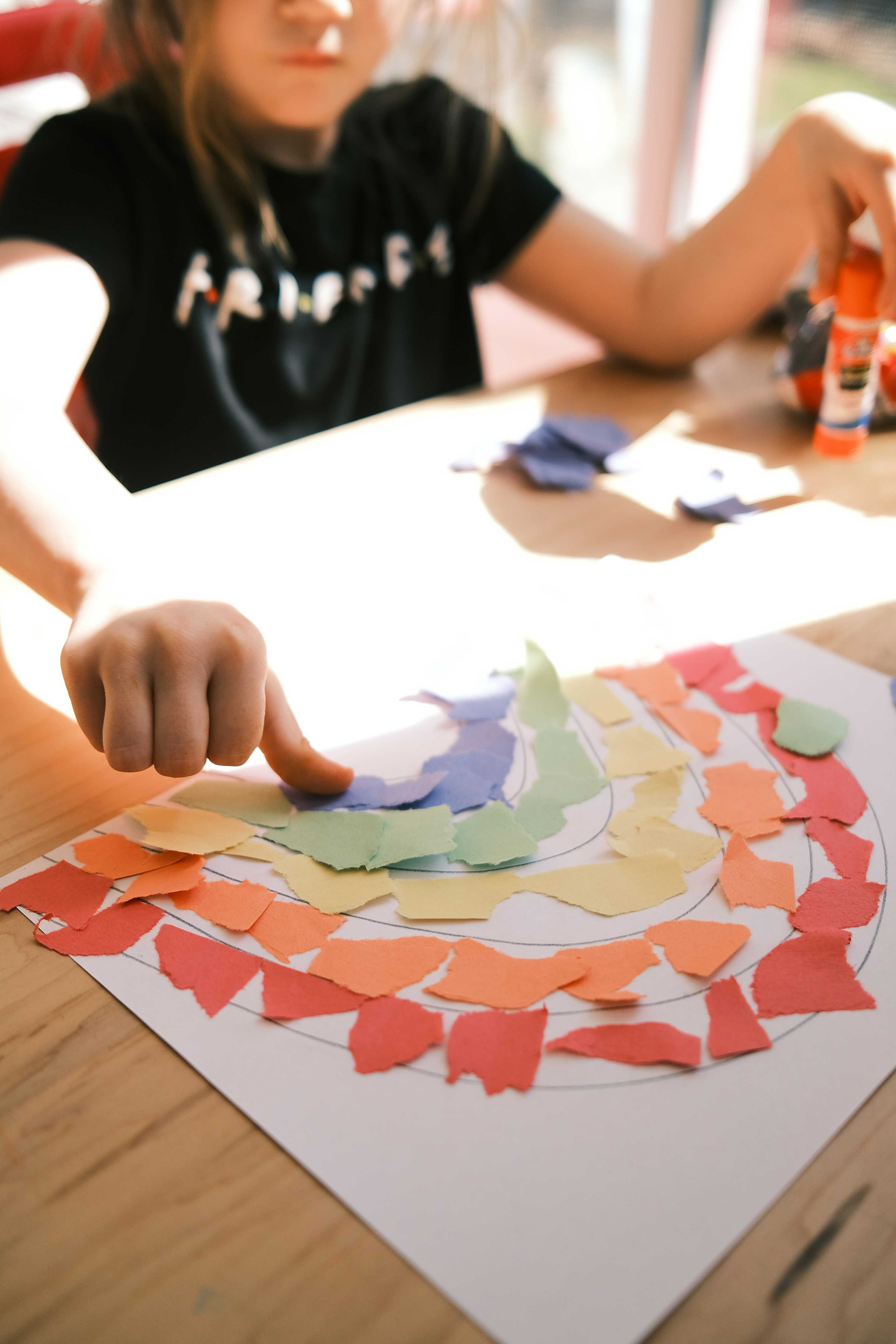Few things are more integral to a child’s future successes than developing the skill and habit of reading. Study after study has shown that reading, even for pleasure, helps kids develop critical thinking skills, improve their vocabulary, increase their ability to understand others and more. Reading can even helps kids do better in math.
Because reading is such a vital learning tool, one would think caring parents would want schools to support kids reading however they can. That support might look like full, rich school libraries and classrooms full of books that kids can choose from when they have some downtime.
But a push for extreme censorship, fueled by politicians who see an opportunity to garner support through fear, has put teachers with large classroom libraries into impossible positions.
In a Facebook post that’s been shared more than 19,000 times, an elementary school teacher in Texas has detailed how her state’s new regulations on books in the classroom have made it virtually impossible to offer students the class library she’s been building for more than a decade. Emily Clay shared a photo of several shelves filled with bins of books.
“Here is my classroom library,” she wrote. “This is over 1,600 books chosen for my elementary students. This is over a decade and thousands of dollars and countless donations of collecting. This is my students’ favorite place to go in my classroom. This is where I go when I have a reluctant reader to find something just right to spark their interest.
“According to the state of Texas, this is dangerous. This is a place where children may be indoctrinated or exposed to inappropriate content. This is just one more area where teachers cannot be trusted as educational experts. This is a battleground.”
Clay shared that every teacher in her district now has to go through a tedious process that starts with entering the title, author and year published for every single book in their classroom into a spreadsheet. “Then we have to go through a painstaking process to vet each and every book—even if we’ve read them, even if we grew up reading them—to make sure that ‘real experts’ have determined that the book content is appropriate for the age level we teach, and also enter that data,” she wrote.
This summer, Clay scanned all of her classroom books into her own library system—a process that only required a barcode scan of each book. That alone took six hours, she said. There’s no way she could process each book and enter the details into a spreadsheet the way the policy requires within any reasonable amount of time. Even if each book took just three minutes to process, it would take 80 hours to enter her entire 1,600-book library. No teacher has even a fraction of that amount of time. And they are supposed to have this process completed by November.
“So what am I going to do?” she wrote. “I already don’t have on-contract time to do all the things we are required to do. What I’m going to do is box up every one of these books and put them away. And these shelves will be bare. I won’t be the only one putting away all of my books. Classrooms across Texas will be bare of libraries because of this.
“I ugly-cried this morning. One of my favorite things about my job is getting emails from parents telling me how enthusiastically their child is now reading at home.
“How are kids going to learn to love to read if they can’t hold books in their hands? Putting barriers between kids and books is one of the worst things I can think of.”
Roadblocking classroom reading material is especially harmful to low-income students, who may have few, if any, books at home to read.
As Clay points out in her post, kids already have access to all of the things parents are afraid they might see in a book right at their fingertips with smartphones, tablets and computers. Books aren’t the enemy here.
“Sure, there are some vigilant parents who make sure their children are never exposed to anything they don’t want them to see,” Clay wrote. “And while these parents could have chosen to take their kids to the public libraries themselves and choose books they deem appropriate, instead they chose to raise up their voices against teachers like me and decide that everyone’s child should be restricted; every child should have to live up to whatever standards they have chosen for their own children. They’ve made it clear they think we’re all in this profession to tarnish and brainwash their children. This TINY minority of people are the ones who are making things like this happen. And just like with everything else in our under-funded, under-respected, over-worked, under-paid, under-staffed industry, we’re probably all going to roll over and take it.”
But Clay also shared that more teachers will quit because of this kind of micromanagement. She’s right. People often think that teachers quit because they are underpaid, but often it’s the lack of respect for teachers as professionals and the top-down decisions that make teaching effectively difficult or impossible that push teachers away from their chosen career.
But Clay’s final words really get to the heart of why these hoops teachers are being asked to jump through are so problematic.
“I LOVE my students,” she wrote. “I would NEVER put anything in my classroom library that I thought might expose them to something inappropriate or too mature. I know I can get parent volunteers to come in and donate their time to help me catalog my extensive collection. But what I’m really mourning is the absolute lack of trust in highly-trained educators who have poured their souls into this profession and the children of people who believe we’re indoctrinating them.”
This goes so far beyond raising concerns about or even banning some specific titles. What this says is: We don’t trust teachers. We think you’re trying to harm kids with your cute little classroom library so we’re going to make it as hard as possible to even have one. If there are concerns over specific books? Fine, raise them. All reasonable people would agree that certain material is not appropriate for children at all and has no place in the classroom. Some books might fall into a subjective gray area and be up for debate, and that’s fine. Those are healthy debates to have.
But parents are taking issue with books that aren’t sexually explicit but simply include characters who have two same-sex parents or characters who are transgender—those books are simply reflective of the world kids live in. If parents are taking issue with books that give deference to the perspectives of people harmed by racism, that is also reflective of the world they live in. If parents are really that concerned, they can send kids to school with their own personal books to read from home and inform the teacher that they aren’t allowed to use the class library. Or they can choose to homeschool.
Just stop punishing teachers for crimes they haven’t committed and making their jobs far harder than they already are. They don’t deserve it, and it’s ultimately doing more harm than good to kids who benefit from access to classroom libraries.





